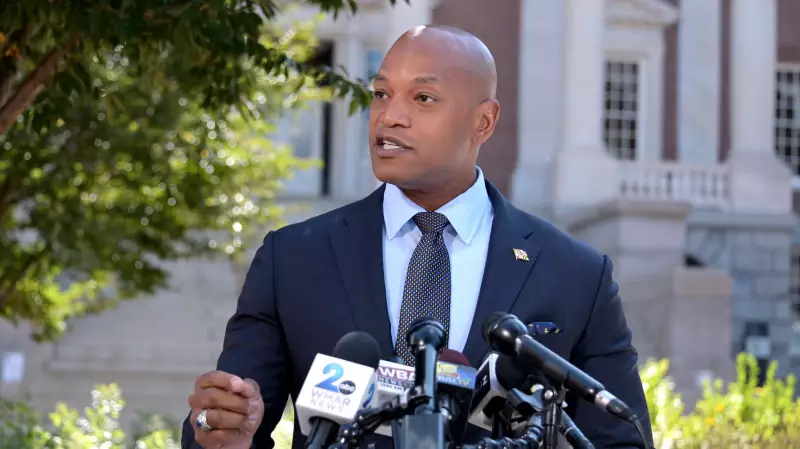
Maryland Governor Takes a Stand Against Trump in Redistricting Fight
In a bold television appearance, Maryland's Democratic Governor Wes Moore declared that his state will not be a passive observer in the nationwide redistricting conflict, a central issue for former President Donald Trump. During a Sunday interview on CBS's 'Face the Nation,' Governor Moore explicitly stated that Maryland would not follow directives from Trump, signaling a new, assertive phase in the political battle over electoral maps.
A New Commission and a National Strategy
Governor Moore's comments follow his recent announcement to establish a redistricting commission in Maryland. This body is tasked with conducting public hearings and gathering feedback from constituents about the current boundaries of the state's congressional districts. This move aligns Maryland with other Democratic states that are actively responding to Republican-led efforts to redraw House districts to their advantage.
In states like Texas, Missouri, and North Carolina, Republican-controlled legislatures have already pushed through plans that favor the GOP. The potential impact is significant, with analyses suggesting Republicans could gain five House seats in Texas, one in Missouri, and one in North Carolina. In a counter-move, California's Democratic Governor Gavin Newsom successfully championed Proposition 50, a ballot measure that passed with approximately 64% of the vote. This initiative is expected to redraw California's maps to potentially net five more House districts favorable to Democrats.
Internal Opposition and High Stakes
Despite the governor's aggressive posture, there is internal dissent. Maryland's Democratic State Senate President, Bill Ferguson, has voiced opposition to the redistricting effort, cautioning that such a strategy could backfire politically. Currently, Maryland has a single Republican-held district, which the Democrat-led state legislature has the power to redraw.
Governor Moore defended his position, questioning why Maryland should not employ the same tactics as Republican states. "I'm just not sure why we should be playing by a different set of rules than Texas or then Florida or then Ohio," Moore stated during the interview. This stance underscores the high-stakes nature of the redistricting process, which is set to have profound consequences for the balance of power in the U.S. House of Representatives.





